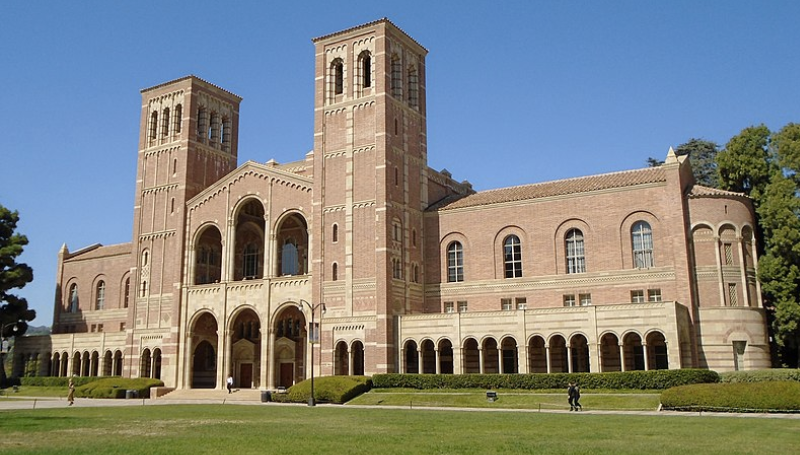Mitchell Bard
Algemeiner, Nov. 25, 2022
“The line between advancement of knowledge and promotion of political conviction has in some arenas been largely obliterated. Any disciplinary pretense to objectivity then disappears.”
One of the reasons that descriptions of college and university campuses as universally antisemitic or hostile to Israel are so inaccurate is that they ignore the overwhelming majority of both students and faculty.
The problems emanate mostly from certain fields in the social sciences and the humanities, which comprise a shrinking component of most universities. Focusing on hostile faculty in areas like gender studies, Middle East studies and anthropology ignores the roughly 40% of faculty in the science, technology, engineering and mathematics (STEM) fields. STEM faculty are usually either apolitical or apt to be more sympathetic to Israel and less hostile towards Jews.
As I’ve noted before, BDS resolutions are typically passed by a handful of people serving in student governments. These people have no business making foreign policy pronouncements on behalf of thousands of their peers who elected them to address student concerns like tuition, campus safety and wages for student workers. For example, one of the most recent resolutions—at Case Western—was adopted by 31 students out of a student body of more than 5,000.
Similarly, social sciences and humanities faculty who advocate boycotts of Israel do not speak for the hundreds, often thousands, of professors on their campuses. Because the majority remains silent, only the loudest voices are heard, creating the image that all campuses are anti-Israel and antisemitic.
One quantitative indication of the problem was published by Tammi Rossman-Benjamin, who surveyed 938 faculty members at 316 institutions and found that 86% of those who support boycotting Israel were in the humanities and social sciences, compared to 7% in engineering and the natural sciences. The departments with the largest number of boycotters were English or literature (21%), followed by ethnic studies (10%), history (7%), gender studies (7%), anthropology (6%), sociology (5%), linguistics or languages (5%), politics (4%), American studies (3%) and Middle Eastern or Near East studies (3%). … SOURCE


